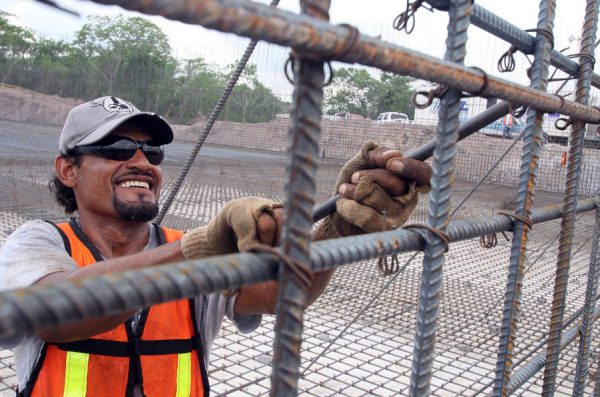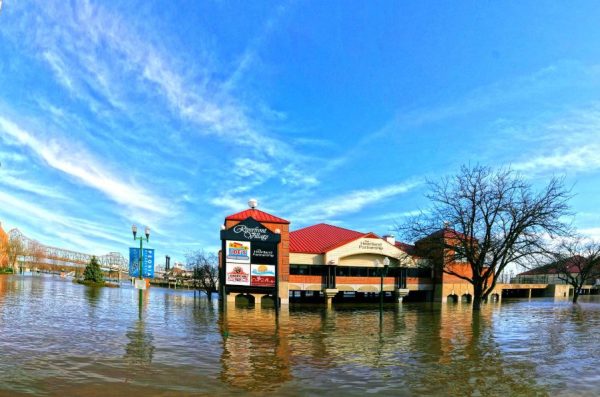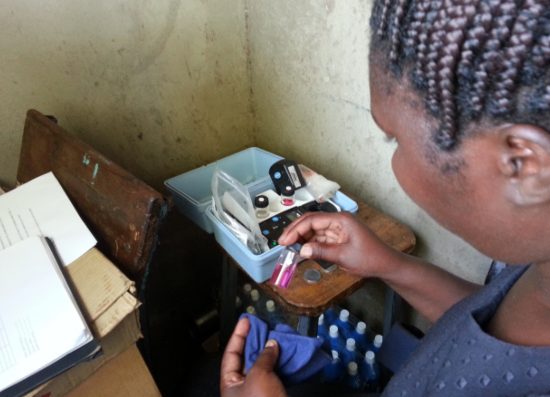The Master of Public Health (MPH) program with a generalist concentration in Environmental and Occupational Health Sciences (EOHS) provides students with a practical approach that focuses on risk assessment and hazard mitigation, with a strong emphasis on environmental and worker justice.
With an MPH in EOHS, students acquire a diverse skill set to implement interventions that address environmental and occupational health issues while advocating for health equity. The program emphasizes hands-on community engagement, involving students, faculty, and alumni in tackling complex occupational and environmental health challenges.
Students can enroll in our Master of Public Health (MPH) or Master of Science (MS) program in EOHS. All students will gain the knowledge and skills necessary to assess exposures, identify hazards, and assess risk. Which degree is right for you?
MPH: Practical focus, with internships and capstone projects.
MS: Research-oriented, with a thesis requirement.
Quick guide to Environmental and Occupational Health Sciences
Next information sessions Heading link
What we're doing right now Heading link
Strengthening the health of precarious workers

The UIC Center for Healthy Work is one of only ten research and education centers nationwide funded by the National Institute for Occupational Safety and Health. The Center works to strengthen the health of low-wage workers in the increasingly contingent workforce across Chicago, Illinois and the nation by addressing hazardous and exploitative work, equitable wages and job security.
Climate change preparedness

While far from hurricanes and wildfires, Illinois is facing its own climate challenges: extreme precipitation, altered growing seasons and increasing rates of insect-borne illnesses. SPH earned funding from the U.S. Environmental Protection Agency to launch a Climate and Health Institute to prepare practitioners to build adaptations and mitigations to climate change.
Reproductive and children's environmental health

SPH’s Great Lakes Center for Reproductive and Children’s Environmental Health is one of ten Pediatric Environmental Health Specialty Units nationwide in partnership with the U.S. EPA to provide expertise to physicians, parents, schools, community groups and public health agencies to address reproductive and children’s environmental health issues.

Global health opportunities Heading link
SPH faculty, staff and students are collaborating to advance public health in 65 nations across the world. MPH students develop global health skills through SPH’s global health program and global applied practice experiences. In particular, SPH’s Program in Kenya provides diverse opportunities for students interested in water quality and health to develop and test novel methods for clean water access.